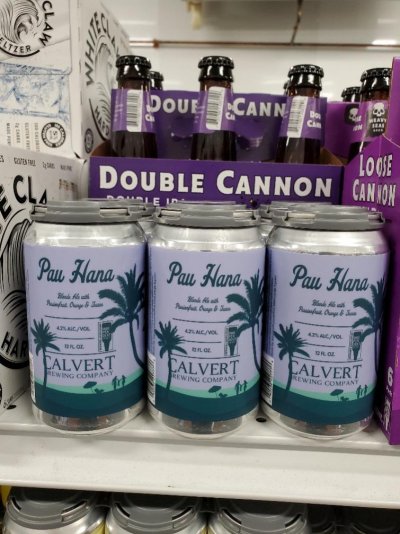We recently got a quote thru NBOA for a potential new purchase, a Novatec 47. The insurance company actually providing the quote was American Modern Insurance Group. Anybody here have any experience or insights with them?
The price they quoted was very nice, but I've found 'lots' of negative posts around the internet for AMIG's "performance" (or lack thereof shall we say) regarding homeowner's insurance - but no posts regarding performance on marine insurance.
Does anyone here have any experience with this company you'd be willing to share? Thanks
Yessir. Here's a writeup i did last year re American Modern and their policy coverage:
Thanks for taking a few moments to chat with me. I‘ve attached the American Modern policy for your review. Further to our conversation regarding American Modern’s policy, I’ve highlighted some areas where the attached policy is appearing to play circular logic with coverages:
• Page 2- Definitions, under “Accident”-
o This defines what an "accident" is, and specifically points out what is and is not covered. Accidents must be of an external cause of loss per this wording to have coverage.
o "a" specifically excludes damages that are the results of ordinary wind, weather, and wave actions. So, if your vessel is at home on the trailer and floods because of rain, or a tree falls on it due to winds, you have no coverage. Same if your vessel is dockside in a marina, and winds and waves cause damage due to rubbing on a dock or pier- no coverage.
• Page 3- Definition, under “Occurrence”
o This describes the definition of what an considered an occurrence under the insuring agreement, Page 6, Section III A, Hull and Equipment Coverage. Since the word "accident" is in bold, you must go to that definition to determine what is covered.
• Page 6- Section III, Hull and Aux equipment Coverage, subpara A:
o This is the hull insuring section. Any word in bold means it is specifically defined in the policy definition for this policy. Since the word "Occurrence" is in bold, you must go to the Definitions to see what is meant by "occurrence".
In any marine policy, the coverages are dictated by how the policy defines them. In this case, the specificity of what is defined as an accident makes the policy weigh heavily in favor of the insuring company, and not the policy holder. Further, (and this is the circular logic part) the policy reads backwards- you to page 6 (the hull insurance section) to see if you have coverage- you then have to go to the Definitions to find out what “occurrence” means- you then have to go to “accident” to see what that definition is.

